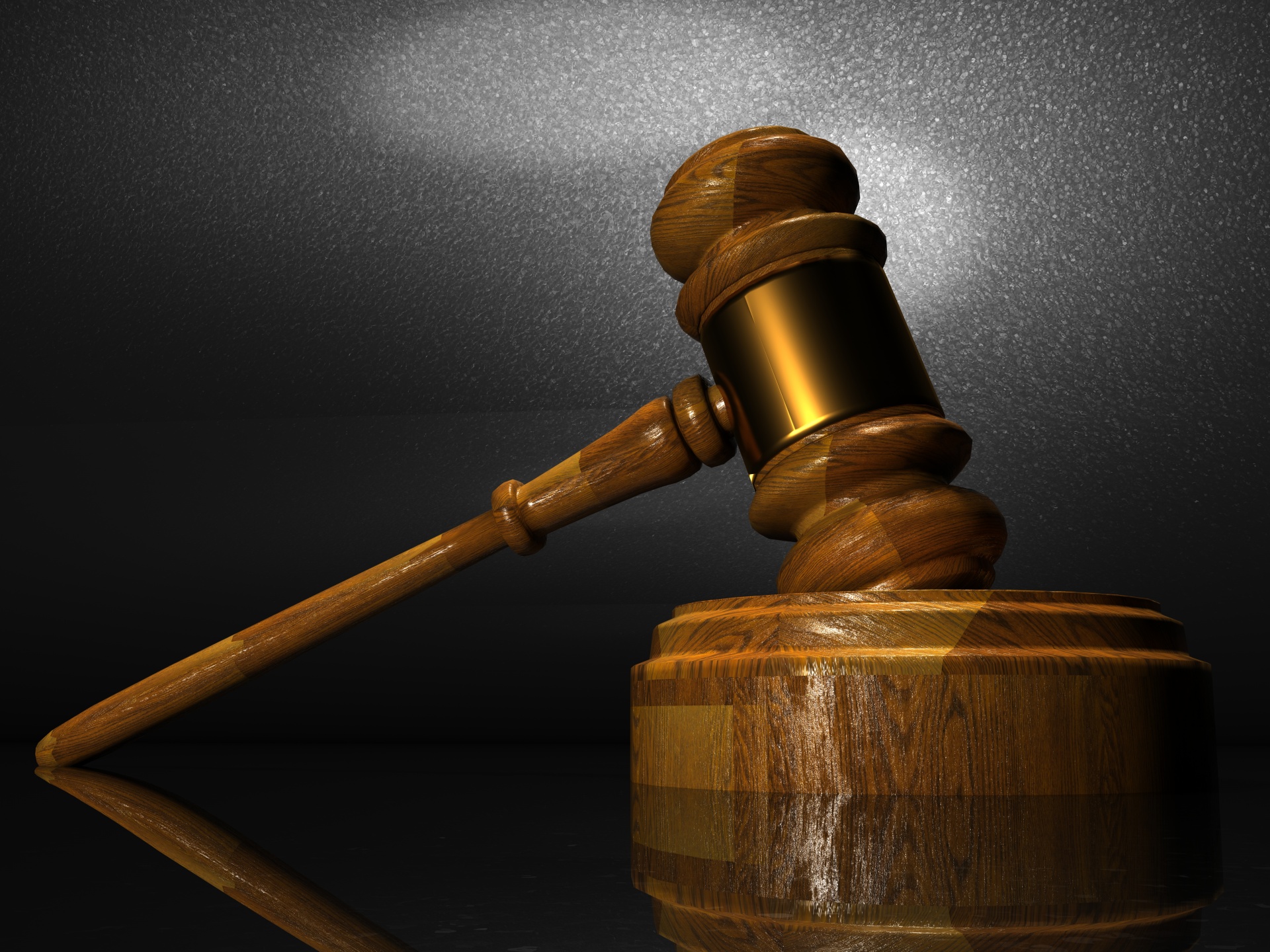In the annals of human civilization, the abomination of slavery has been a recurrent theme—a moral infraction that has provoked widespread condemnation and birthed myriad expressions of resistance. Within this historical context, the Bahá’í teachings, enunciated by Bahá’u’lláh, present a profound and unequivocal rejection of such social injustices. This article delves into the Bahá’í principles surrounding the abolition of slavery, expounding upon the implications of Bahá’u’lláh’s stand for justice, and illuminating the broader philosophical underpinnings that galvanize this pivotal doctrine.
At the core of Bahá’u’lláh’s teachings is the irrefutable acknowledgment of the sanctity of human dignity. He articulates an ethical framework that conveys the intrinsic worth of every individual, irrespective of social station or geographic origin. In a world marred by inequity and discrimination, the call for the abolition of slavery transcends mere legal prescriptions; it is a clarion call to humanity’s higher moral conscience, imploring individuals to recognize the latent potential within all human beings.
Bahá’u’lláh’s proclamation not only addresses the overtly exploitative nature of slavery but also hints at deeper social dynamics that perpetuate inequality. By compelling adherents to regard all individuals as manifestations of the same divine essence, the teachings fundamentally challenge the societal structures that uphold discrimination. This profound perspective fosters a culture of acceptance and unity, laying the foundational groundwork for the adjoining tenet that promotes the obliteration of prejudices of all forms.
The rationale behind Bahá’u’lláh’s abolitionist stance lies in the spiritual principle that all humanity comprises a single family. This paradigm shift necessitates the relinquishment of notions rooted in superiority or inferiority. It invites a recalibration of moral perspectives; no longer can one justify slavery based on race, class, or geographic lineage. Instead, every human being is celebrated as a vital contributor to the collective tapestry of existence. Such affirmations are not merely didactic—they are transformative, urging a reconfiguration of interpersonal relations predicated on mutual respect and solidarity.
Cultivating a just society entails acknowledgment of systemic injustices that have historically allowed slavery and exploitation to fester. Bahá’u’lláh’s doctrine is pivotal in unearthing these deep-rooted issues. Through a combination of spiritual edicts and practical guidance, he elucidates the necessity of seeking justice beyond the mere abolition of legal frameworks. The ethical imperative calls for individuals to actively seek equity in all dimensions of life, from economic systems to familial structures, thereby creating a culture in which the tenets of justice are woven into the very fabric of society.
A significant aspect of Bahá’í teachings is the denunciation of all forms of economic exploitation, which can often act as adjacent manifestations of slavery. By underscoring the need for fair economic practices, Bahá’u’lláh posits that the fight against slavery cannot be divorced from the struggle against poverty and social disparity. The interrelatedness of these themes highlights a burgeoning recognition that economic justice is quintessentially linked to personal autonomy and freedom.
The Bahá’í perspective also insists upon the importance of education as a transformative force in combating the cycle of slavery. Educating all individuals is posited not just as a privilege but as a fundamental right—a principle which capacitates individuals to claim their rights, fosters critical thinking, and nurtures an environment where justice thrives. An educated populace can dismantle the ignorance that perpetuates subjugation, thus contributing to a paradigm where slavery is not just abolished but rendered inconceivable.
Moreover, the teachings urge a collective responsibility among individuals to advocate for the disenfranchised and oppressed. In Bahá’í thought, the work of social justice is a communal endeavor, requiring the collaboration of diverse actors across society to orchestrate meaningful change. As such, every individual is called to participate actively in the betterment of society, employing their agency to champion the cause of the marginalized. This call to action fosters a sense of unity and collective identity, wherein the liberation of one is seen as inextricably linked to the liberation of all.
In contemplating Bahá’u’lláh’s monumental stand against slavery, it becomes evident that the solution is not merely the cessation of one abhorrent practice but the holistic transformation of societal values and norms. The unwavering commitment to justice, equity, and human dignity encapsulated in Bahá’í teachings emerges as a clarion call to build a world reflective of these ideals. By embracing and embodying these principles, adherents aim to create a future free from the shackles of oppression, one where the principles of justice flourish unfettered by the chains of prejudice and exploitation.
Ultimately, the Bahá’í teachings provide not only a legislative framework for the abolition of slavery but a spiritual blueprint for the reformation of society at large. Maintaining this ethical focus enables the cultivation of profound and lasting transformations within individuals and communities worldwide. As Bahá’u’lláh implores humanity to pursue justice ardently, the call is as relevant today as it was in a bygone era—an invitation to rise above social and moral shortcomings and to strive for a more equitable existence.
